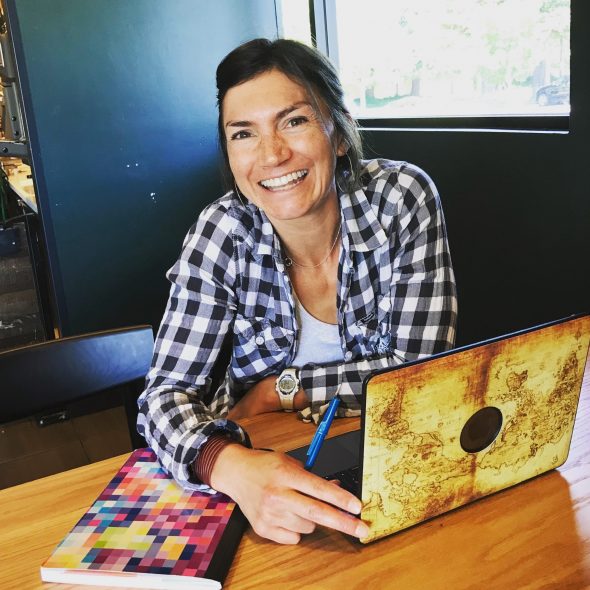I first heard the term Growth Mindset during my certification training for teaching English as a foreign language. Our instructor was very thorough in not only introducing us to teaching methods and reviewing grammar but also sharing some current perspectives on school settings & learning styles in the US as well as abroad.
In one class, she showed us this great illustrated video explanation that quickly caught my attention. Carol Dweck is a leading researcher in the field of motivation who coined the term Growth Mindset, gave an informative TED Talk ,appeared on 20/20 and the Today Show, and has been featured in many publications. I was captivated by her research on rewarding effort, learning & progress, and emphasis on the processes that yield these things.
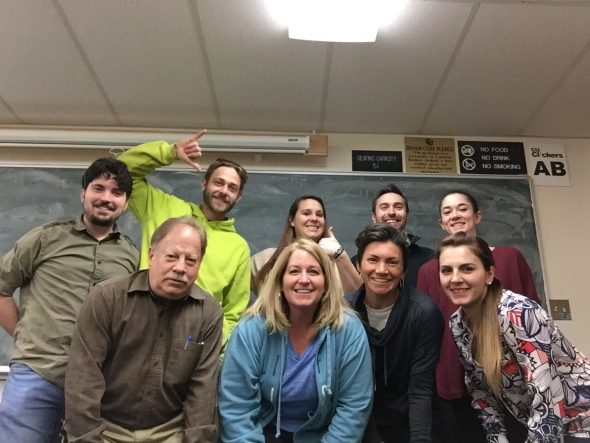
A Growth Mindset is one that tells a person they can develop talents by worrying less about looking smart or successful, and putting more energy into learning (which includes failing and getting back up again). The counterpart to a Growth Mindset is a Fixed Mindset, and individuals who maintain this self-view believe their specific talents are innate gifts that can’t be cultivated otherwise. They tend to stick to things they are already good at and not view failures as positive.
Of course I wanted to think I was in the Growth Mindset category right off the bat, but when I was really honest with myself, I know I have had a Fixed Mindset tendency that I’ve pushed aside in order to adopt the Growth one- but I have to keep at it. When I read more on Carol Dweck’s website, I found this is recognized as a common struggle and she offers tips (particularly to leadership within companies) on how to continue to become the person or organization you want to be.
I recently took an assessment to identify personality strengths and challenges- it was helpful before heading into many applications and interviews. I chose the Enneagram test and it has been quite revealing and helpful in understanding my tendencies and identifying the continuum of strength and weakness within each. I’m a pretty classic “Type 3” which could be called and “Achiever” or sometimes a “Performer”. Being how I like to conquer goals and produce results, it means I like to do well at things.
When I was younger I’d tend to choose activities I was already decent at and then work to get better at them. Naturally it’s uncomfortable for anyone to feel inept at something but some are intrinsically more forgiving with themselves when it comes to getting past failures and the discomforts that come with learning something new.

I really had to address this when in 2013 I was promoted in my job at the time to a managerial position. In 2017 I participated in a wonderful leadership training in my field which pushed me even more. Especially due to a culminating Learning Project, I had to stretch myself to take steps that weren’t fully fleshed out, obtain both immediate and delayed feedback, and adapt as best I could- sometimes without the necessary resources which meant guesswork and making-do.
…which meant not necessarily “succeeding”…which meant failing….which meant learning.
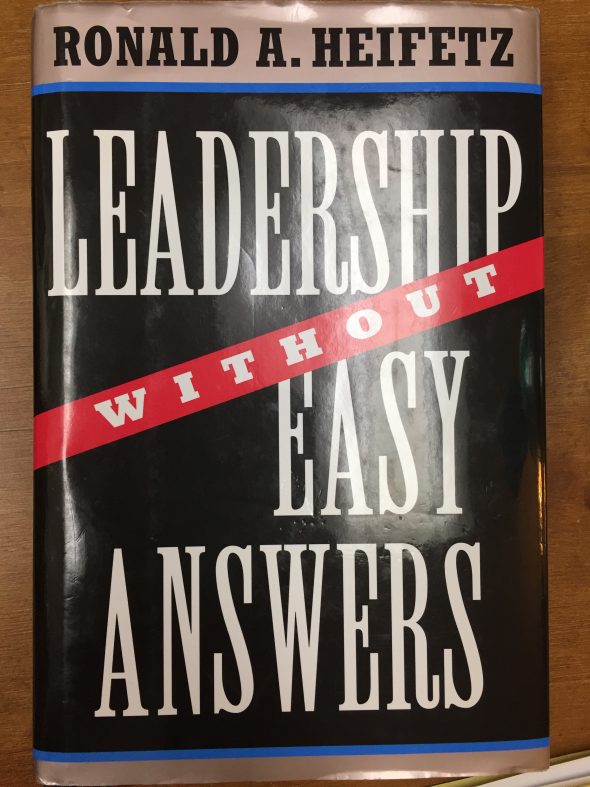
Language-learning gives my Growth Mindset a constant challenge. After taking 4 years of Spanish in high school, if I would have found a way to consistently use it I might have maintained proficiency and continued on to fluency. But years of inconsistency lead to a plateau of never making much progress. I would get re-motivated time and time again, but honestly the pain of constantly feeling like I spoke like a child and being frustrated with efforts that didn’t produce much improvement kept me, well, speaking like a child and being frustrated. I had to find a way to fail faster and harder in order to really improve. So long story short, I moved to Colombia for a year. This topic of getting “comfortable” with failing in order to improve was something my English-language-learner students and I would talk about all the time. I drew lots of encouragement from being their teacher; my students were incredibly inspiring as I watched their efforts of bettering English communication skills for a variety of personal & professional goals.

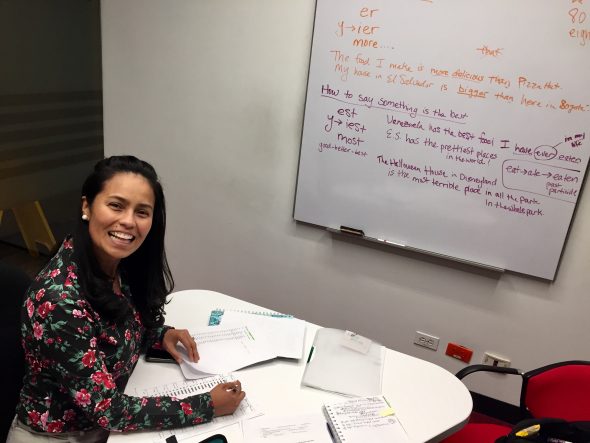
Upon return to the states I began the process of applying to jobs and quite a few of them were positions I wasn’t fully qualified for. This was part of my Growth Mindset practice. Try it, fail it (ie: get the rejection email), examine the reasons for the rejection, tweak the resume and get to studying the topics I’m not knowledgeable enough in. Not yet, anyway. Additionally, one of my Leadership Academy alumni told me about surveys and articles about the percentage of men and women who apply for jobs for which they’re not completely qualified. His comments really spurred me on to continue to seek jobs for which I have partial experience but with a goal of learning new things. Fueling my Growth Mindset means being a lifelong learner.
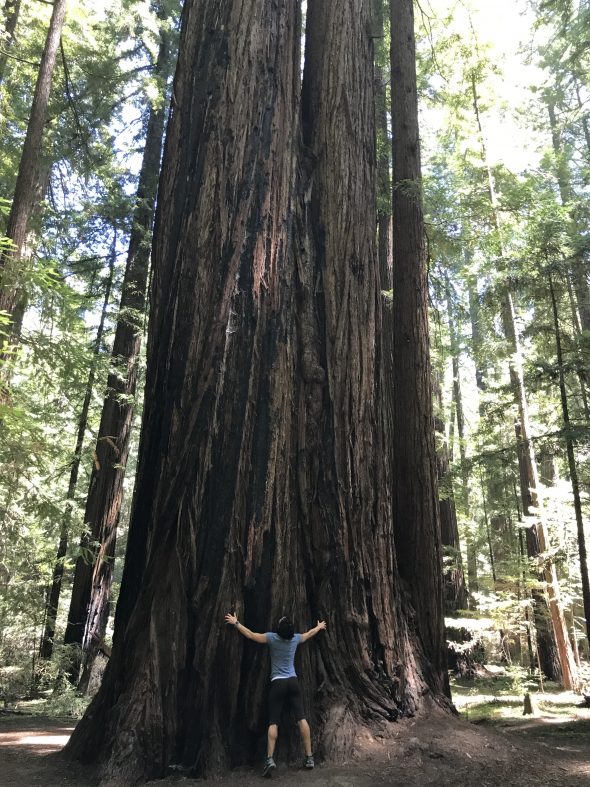
As we look to our future the older end of the spectrum: the older generations along with integration of the younger solving community and global problems, it’s a MUST to let go of a Fixed Mindset and embrace the “not yets” of mastery and the pursuit of failures for the sake of improvement.
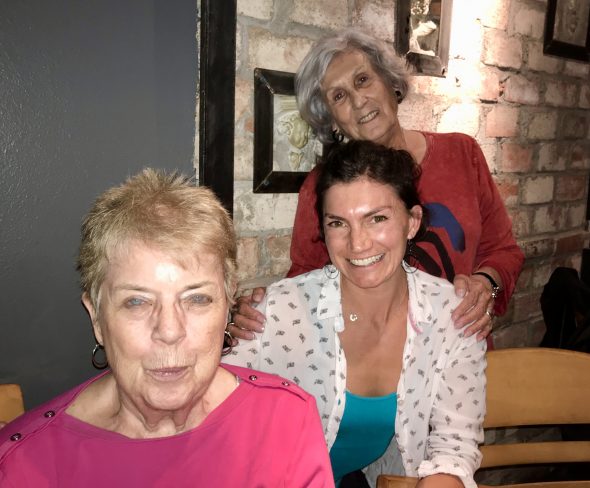
One last thought that I’m constantly wrestling with is that to have a Growth Mindset and to be curious about new things and skills to learn does not mean I have to do and try everything that crosses my path. First of all there’s just not reasonable amount of time to say Yes to too many things and then have the capacity and motivation to follow through. Secondly, to be successful in anything requires dedication and tenacity, often meaning we have to sacrifice and deny other opportunities. It may sound negative at first, but after some consideration I believe Mr. Warren Buffet sums it up well:
“The difference between successful people and very successful people is that very successful people say no to almost everything.” -Warren Buffett



